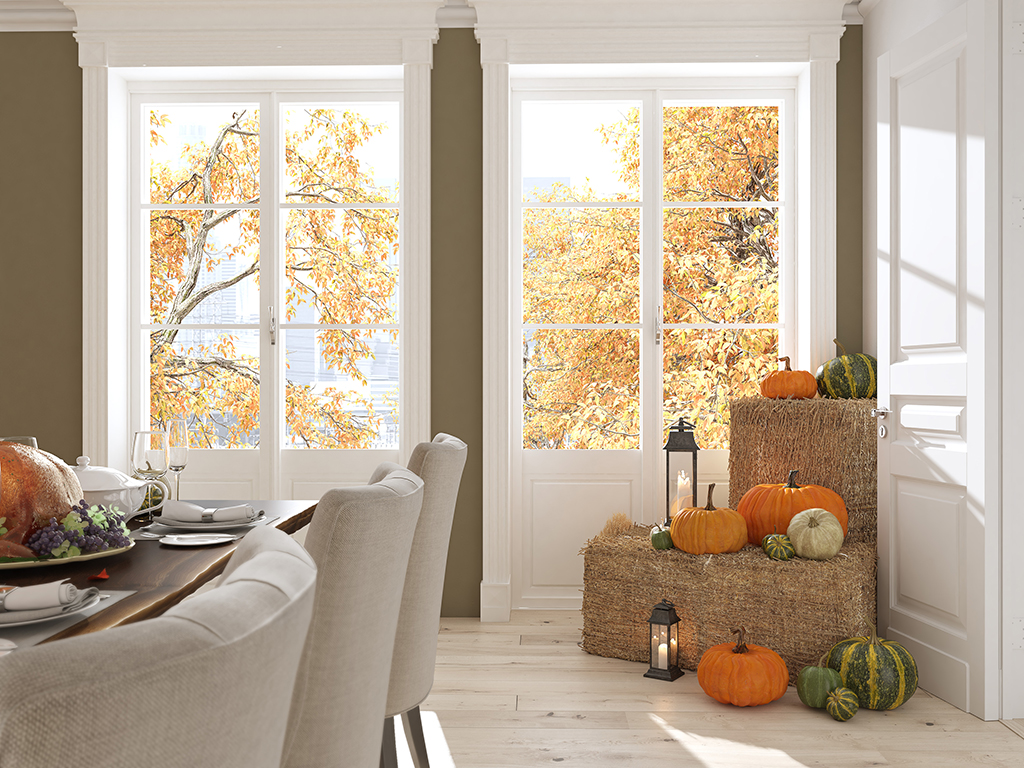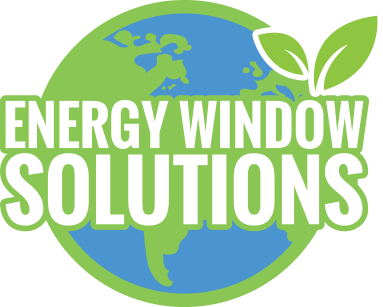
Energy Efficient Windows | Dallas, TX
Photo By 2Mmedia at istock
A significant amount (20% to 30%) of heat is lost through windows, making energy efficient windows necessary. Although it costs more to repair or replace windows with energy efficient ones, the gains far outweigh the cost because you save so much in the long run.
Read on to learn the characteristics of these windows and technologies used to make windows more efficient.
Characteristics of Energy Efficient Windows
A significant amount of heat is lost through windows mainly through conduction (through the glass, frame or glazing), radiation (heat from the sun gets out through people, furniture and walls) and air seeping out through and around the windows.
Below are the main characteristics of energy efficient windows:
- U-factor: This is a measurement of the rate at which your window conducts non-solar heat flow. When referring to the window glazing performance, the term U-factor is applied. However, when referring to the entire window, it’s referred to as NFRC U-factor.
- Solar heat gain coefficient (SHGC): This is the rate at which solar radiation is transmitted or absorbed and later released as heat. Lower SHGC results in lower solar heat transmission and better shading capability. Products with a higher SHGC rating collect solar heat during the winter more effectively than those with a lower SHGC. However, products with a lower SHGC reduce cooling loads during the summer more effectively. Your home’s climate and external shading determine the most favorable SHGC for a specific window, door or skylight.
- Air leakage: This is the rate of air movement around a window, door, or skylight due to an absolute pressure difference across it. Products with a lower air leakage rate are tighter compared to ones with a higher air leakage rating. However, air leakage also depends on the correct installation of a window.
Technologies That Make Windows Energy Efficient
When shopping for new windows, there are several features you need to consider to ensure your windows are more energy efficient, functional and durable. The following are some essential features to take into consideration when selecting the best windows:
1. Frames
Window frames play a vital role in a window’s overall energy efficiency, especially with the U-factor (level of non-solar heat flow conduction).
A window’s overall energy efficiency can be significantly increased by improving the frame’s thermal resistance. And although all frame types have advantages and disadvantages, some materials (such as vinyl, fiberglass and wood) exceed metal in providing thermal resistance.
Although metal or aluminum frames are strong, light and require minimal maintenance, they’re unsuitable as an insulating material because they conduct heat too fast. An insulating plastic strip known as a thermal break is placed between the frame and sash to minimize this rapid heat loss.
2. Glazing
Factors such as climate, the building’s design and window orientation determine the type of glazing to be used on energy efficient windows. Depending on your needs and preferences, you can even opt to use different kinds of glazing on your home’s windows.
The following are some types of glazing:
- Insulated: These are windows consisting of two or more panes of glass. Insulation is achieved by spacing the glass panes and sealing them hermetically to leave an air space, lowering U-factor and SHGC.
- Low-Emissivity Coatings: Low-emissivity (Low-E) coating is a microscopically thin layer of metal or metallic oxide that’s put on glass panes. The Low-E coatings are used to make these windows because they help control heat transfer through windows with insulated glazing. Although windows with Low-E coating cost more than regular windows, they significantly reduce the rate of energy loss.
- Spectrally Selective Coatings: This is a special type of low-emission coating. It filters out the heat transmitted through the glass while letting in light transmission. Spectrally selective coatings lower U-factor and SHGC but increase the VT as they are optically designed to reflect certain wavelengths and be transparent to others. These coatings can also reduce the cooling requirements of homes during hot climates by up to 40%.
3. Gas Fills and Spacers
These gas fills are placed between glazing layers to minimize heat transfer from the window’s interior to the exterior and vice versa. The most used gases are argon or krypton because they are inert, have no smell and are harmless.
If the space between the glazing layers is less than a quarter of an inch, then krypton is used because of its superior thermal performance. If the spacing is larger (more than half an inch), argon is used. It’s also often mixed with krypton to lower costs as krypton is very expensive.
Spacers are used to ensure glazing layers are kept apart at the correct distance. They also accommodate any differences that occur in thermal expansion and pressure and prevent gas and moisture leaks.
4. Operating Types
It’s important to take into consideration how a window operates because, for example, lower air leakage rates mean your home has energy efficient windows. That’s why you should seek the best window services in Dallas, TX.
The following are some examples of traditional operating types:
- Awning: These open outwards, and the hinge is at the top. They have lower air leakage because when they close, the sash presses against the frame.
- Casement: These are hinged at the sides. Similar to the awning, the sash presses against the frame, lowering the air leakage rate.
- Hopper: These open inwards and the hinge is at the bottom. For this window, too, the sash presses against the frame, lowering the rate of air leakage.
Contact the Energy Efficient Windows Experts in Dallas, TX
For all your energy efficient window needs, Energy Window Solutions has you covered. We use the best energy efficiency technologies and have a wide variety of energy efficient windows to suit all your needs. Whether your windows need repair or replacement or you need new windows installed, you can rely on Energy Window Solutions to handle the job. Our team of licensed professionals can address all your needs relating to energy efficient windows and give you invaluable advice. Contact us for the best energy efficient windows in Dallas, TX, today.


